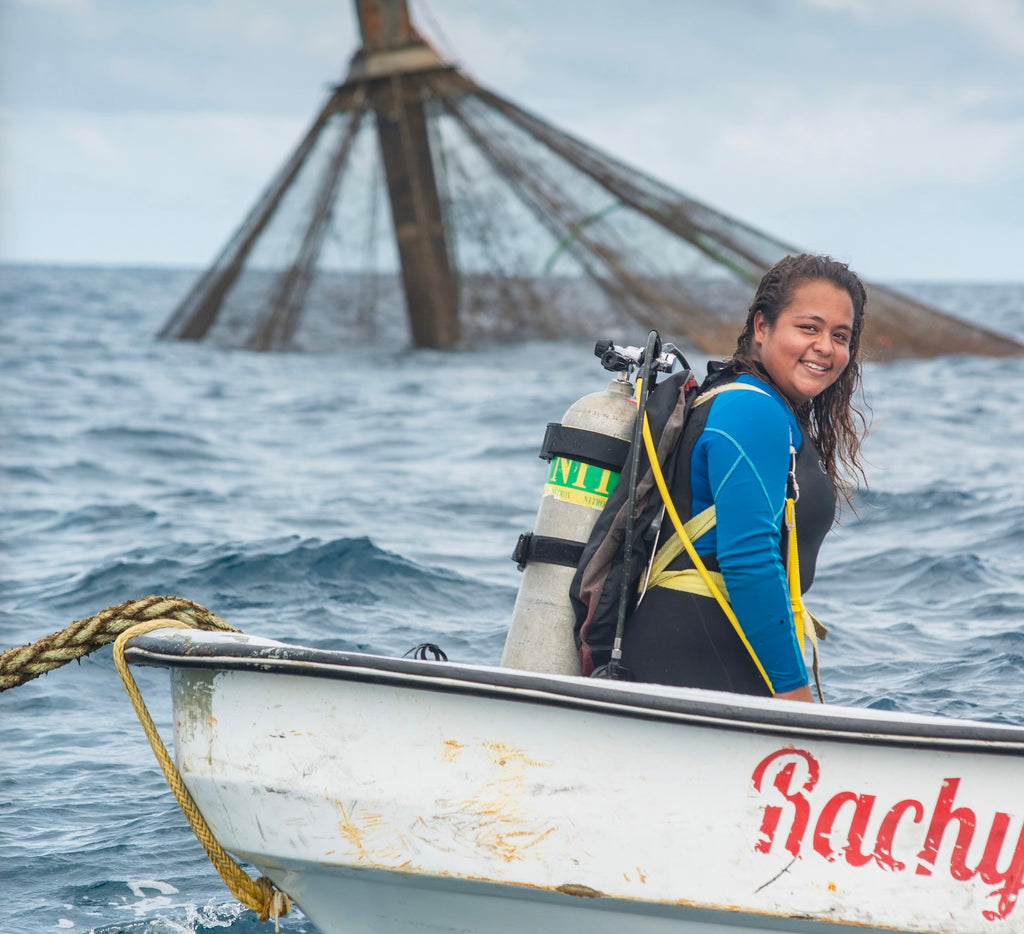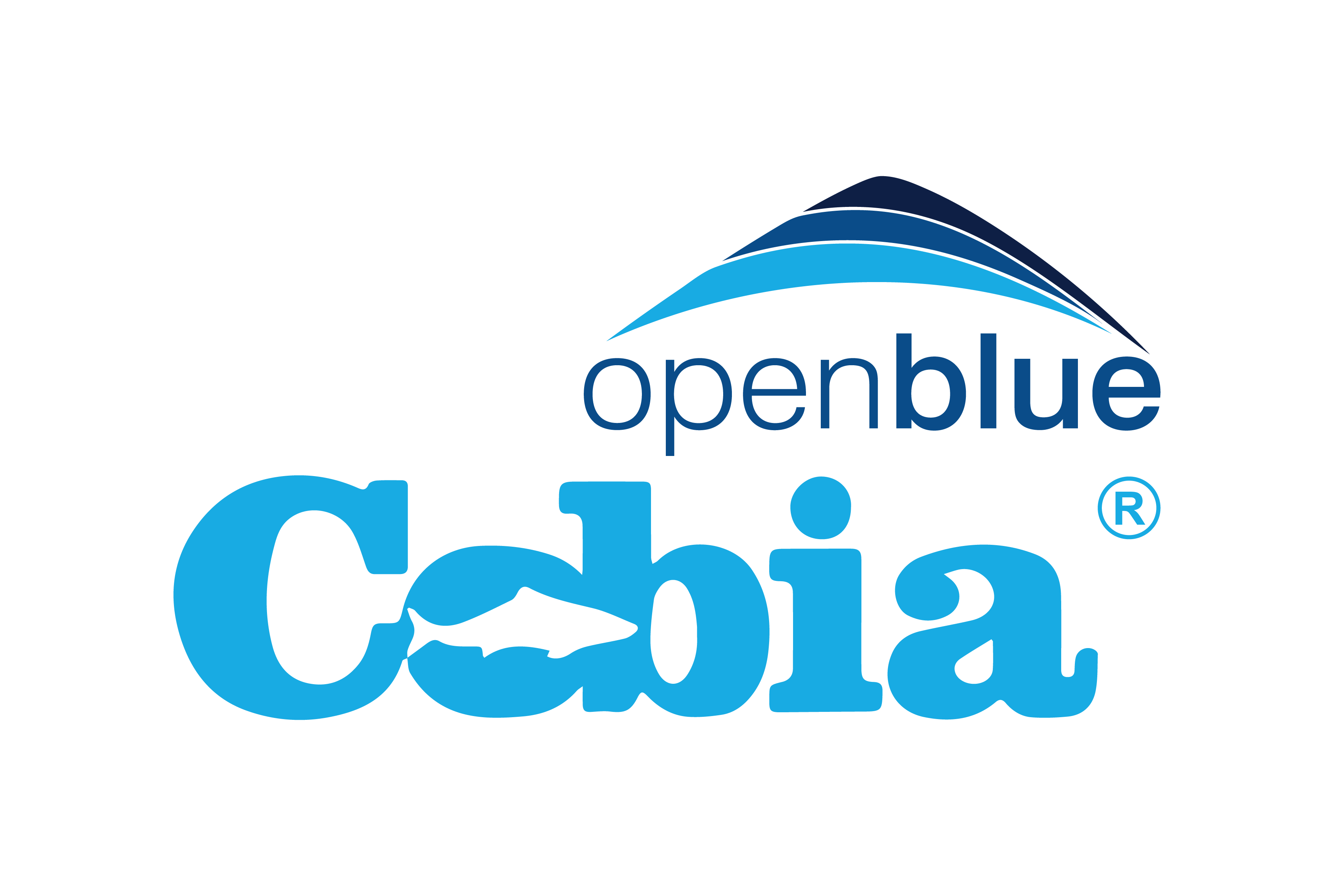
How Does Open Ocean Aquaculture Help Prevent Overfishing?

With the world population steadily increasing and seafood consumption hitting new highs, the need for sustainable and high-quality seafood supplies has never been greater. Aquaculture emerges as one of the potential answers that could help address the world's expanding appetite for seafood while protecting our treasured ocean ecosystems that supply so much of the world's food supply.
Aquaculture, often known as fish farming, is the technique of raising fish in confined spaces. It has swiftly grown into a thriving business with an average annual growth rate of 2.0 percent between 2020 and 2030, changing how we produce and eat seafood.
Here's how Open Blue Sea Farms' sustainable mariculture (a type of aquaculture) practices prevent overfishing while preserving the fish's ecosystems:
Reduces Fishing Pressure on Wild Stocks
Open ocean aquaculture can lessen fishing pressure on certain wild fish species like Cobia. Fish farmers may supply the demand for seafood without relying only on collecting fish from the oceans by raising fish in controlled conditions.
This method protects endangered species from overfishing while allowing their numbers to rebuild, guaranteeing the long-term health and sustainability of marine ecosystems.
Protects from Coastal Pollution
The open ocean aquaculture approach is intended to reduce the environmental effects of fish farming. It helps maintain water quality and the biological balance of coastal ecosystems by placing farms away from essential coastal zones.
Waste management techniques minimize the discharge of surplus nutrients and pollutants into the surrounding seas, preserving coastal ecosystems and reducing the likelihood of damaging algal blooms or other ecological disturbances.
Reduces Environmental Impacts
Fish farms like Open Blue's open ocean facility off the coast of Panama limit the use of antibiotics, pesticides, and other chemicals that can affect marine ecosystems by using innovative technology and best practices. These mariculture techniques improve feed efficiency and reduce waste output, resulting in a more sustainable and environmentally friendly manufacturing process.
Furthermore, ongoing research and development in aquaculture technology aim to lessen the industry's environmental footprint over time.
Helps Meet the Demand for Seafood
With the world's population continually expanding, open ocean aquaculture is becoming increasingly important for satisfying the growing demand for seafood. It provides a steady and more predictable supply of fish as well as food security for customers globally.
Controls Production and Harvesting
Controlled production and harvesting procedures are possible with open ocean aquaculture. Fish farmers regularly monitor fish populations to ensure proper sizes and numbers. The practice contributes to the prevention of overfishing and supports appropriate fishing methods.
Open Blue's mariculture technique guarantees that fish are bred, raised, and harvested responsibly by enforcing stringent restrictions and procedures, preserving the delicate balance between seafood production and marine resource protection.

When you look for fish farms that use mariculture practices to raise their fish responsibly, you are responding to market demands from consumers and patrons who are concerned about the ocean's environment and the abundance of the ocean's food supply. At Open Blue Sea Farms, we provide high-quality and ethically open ocean farmed Cobia fish raised using mariculture techniques miles off the coast of Panama. If you're looking for sustainably grown cobia wholesale price, contact us now to talk to a member of our sales team. Whether you're a seasoned chef or manage the seafood department at a retail grocery store, cobia fish fillet can add a lot to your overall offerings.

